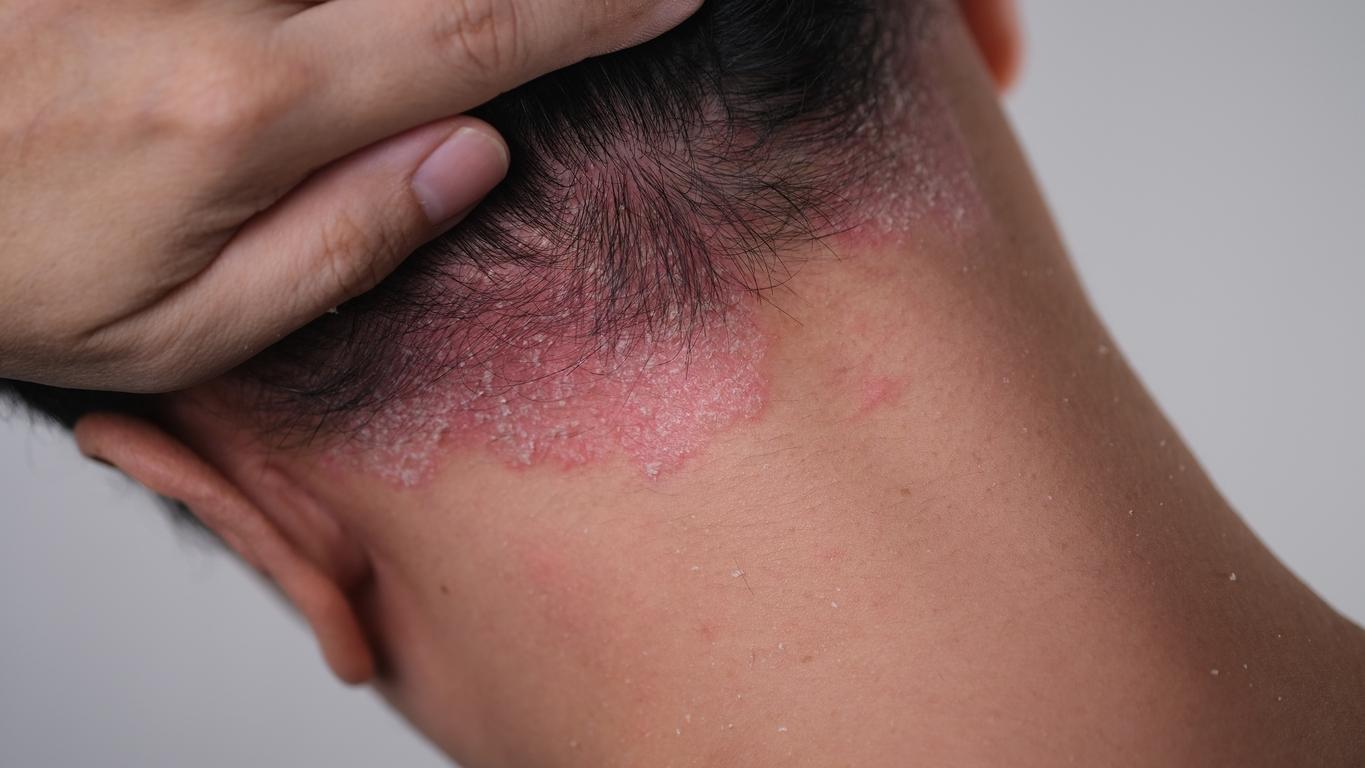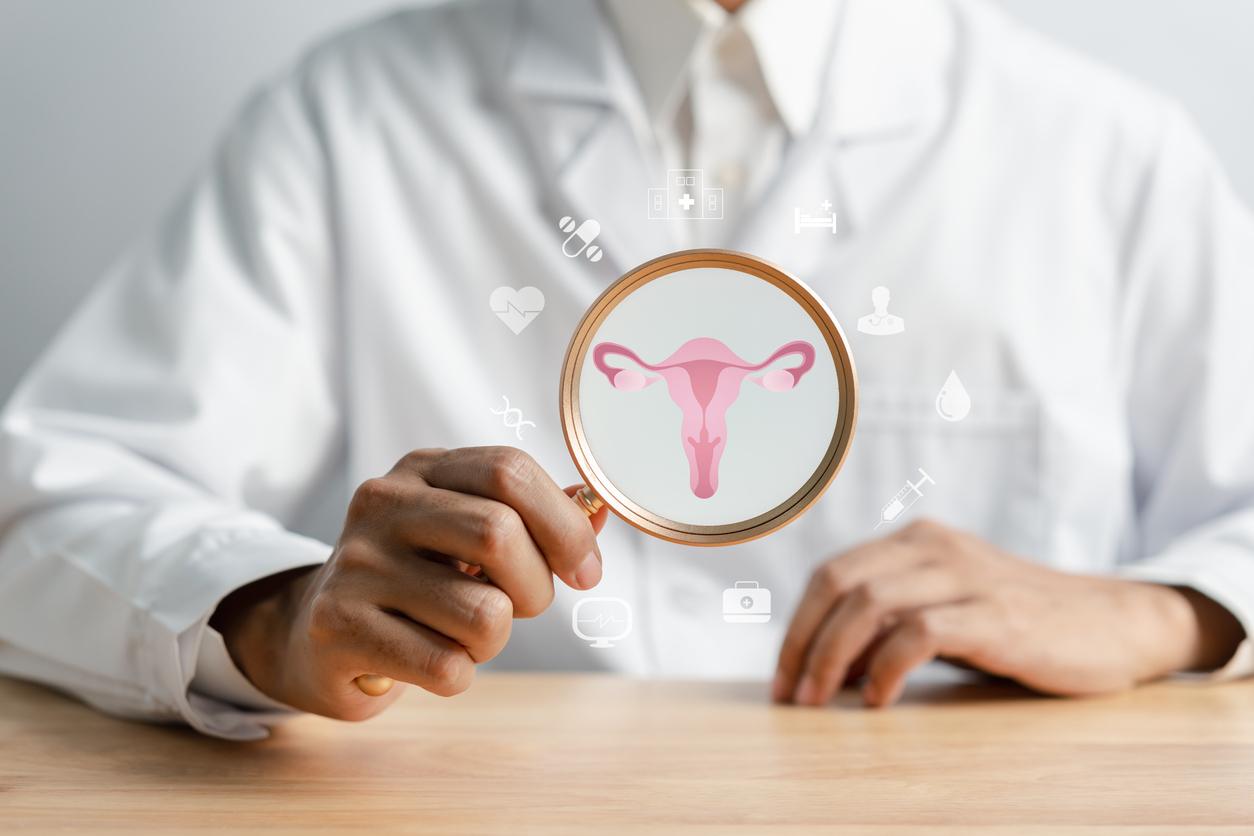According to the Court of Cassation, French law does not allow the registration of a neutral sex in civil status. Intersex people will have to choose.

At 65, this French psychotherapist suffered a major setback. Born with a rudimentary vagina, micropenis but no testis, “D” does not fit the usual description of a man or woman. He therefore claimed that his marital status indicates “neutral sex”, confirming his intersex. The Court of Cassation rejected his request on May 4.
“The law does not allow the indication of a sex other than male or female to appear in civil status documents. Here are the terms used by the supreme court to justify its refusal. The stop also stipulates that the behavior of the complainant – married and father of an adopted child – corresponds to that of a male person. An additional argument in the eyes of the Court.
But French law has already changed for the first time in 2011. Thanks to a circular, the parents of an intersex child have the possibility of not choosing their sex until they are two years old. The European Court of Human Rights (ECHR) has asked for these people to be recognized. “D” can still choose to seize this institution as well as the Constitutional Council.
Various characteristics
The term intersex covers a diverse reality. A person is said to be intersex when their sexual ambiguity is visible and anatomical and their organs are not functional. In fact, this covers many pathologies and malformations.
Several causes for intersex have been identified. They are very varied in nature. The most common, Klinefelter syndrome, is due to an excess of sex chromosomes (XXY). Other disorders are characterized by insensitivity to androgens which results in the development of testes in addition to the female genitals. Congenital adrenal hyperplasia, which causes virilization in affected girls, is also widely known.
Too many early operations
It is estimated that one in 2,000 births is intersex and that 2% of the population would be affected. These figures remain relative: a sex is often assigned by default at birth. Civil status is therefore silent on the subject. This silence must end, according to a recently published Senate report, because it is emblematic of the unease around this subject and the repercussions are heavy on those who are victims.
In France, surgical interventions intended to match marital status and anatomy are frequent. This has earned the country three condemnations by the UN. The Senate report even concluded that the victims should be compensated. These surgeries are, in fact, considered to be mutilations.
One country, one law
Several states could serve as a model for the Court of Cassation. Of the seven countries that have recognized the non-standard character of intersex people, few have anything in common. Switzerland, for example, has chosen to leave the choice to the children themselves. No irreversible intervention is legal, and the sex on the birth certificate can be changed.
Germany is also giving intersex people a choice. Parents have the option of not mentioning a sex in the civil registry. It is up to the child to decide, at the age he wishes.
“Gender neutral” is the designation chosen by Australia. A third type therefore appears on official documents and can be obtained on presentation of a medical file. Four Asian countries have opted for the recognition of a third sex. But it’s not limited to intersex people. In India, Malaysia, Nepal and Thailand, transgender and transsexual people can make this request.
.

















